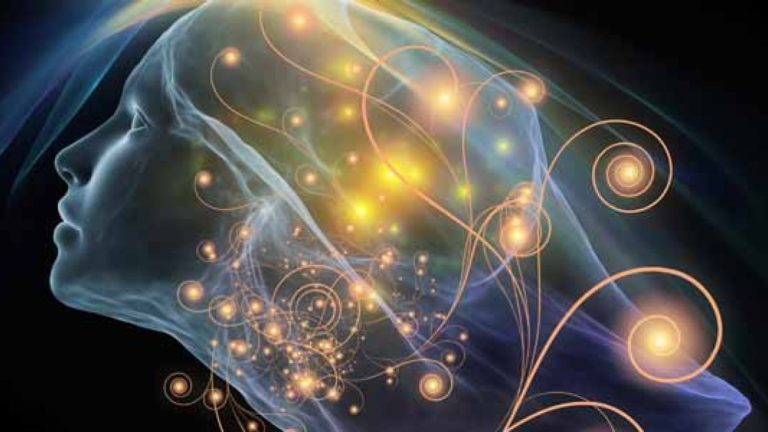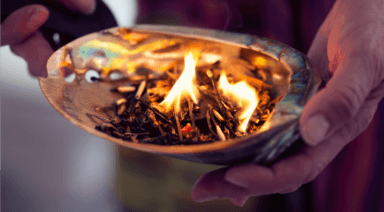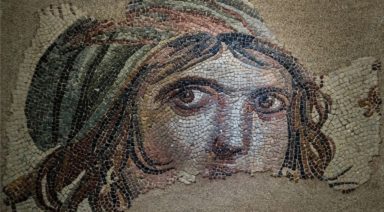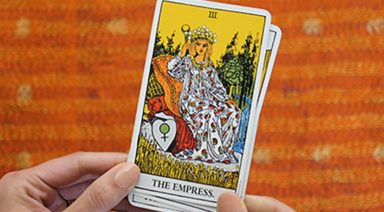Who is Sophia in Gnosticism? Goddess of the Divine Feminine

Sophia, the embodiment of divine wisdom in Gnostic tradition, graces us with a profound understanding of the feminine aspect of the cosmos. Gnosticism—interwoven with early Christianity and enriched by Hellenistic philosophy—is more than a religion; it is a journey toward self-realization and communion with a deeper reality. This sacred knowledge, known as Gnosis (from the Greek “to know”), was lovingly passed down through myths found in Gnostic texts such as those discovered in the Nag Hammadi library.
The Myth of Sophia: The Divine Feminine
Let us immerse ourselves in the enchanting myth of Sophia, whose story illuminates the depths of divine wisdom and the sacred feminine.
Sophia’s Origin in the Pleroma
In Gnostic cosmology, Sophia is the radiant feminine personification of divine wisdom and the youngest of the Aeons—emanations of the ultimate reality known as the Monad or Pleroma. Dwelling in the spiritual fullness of the Pleroma, Sophia is intimately connected with the unknowable Father’s brilliance, born of the twin powers of Depth and Silence.
The Descent and Creation of the Material World
Compelled by an intense yearning to know the Father’s essence, Sophia emanates without her consort, creating a disturbance that leads to her descent from the Pleroma. In her fall, she becomes entwined in the material world, inadvertently giving birth to the Demiurge, often called Yaldabaoth. This ignorant and arrogant entity fashions the material universe, unaware of the spiritual realms above. In certain Gnostic scriptures like the Apocryphon of John, the Demiurge is equated with the God of the Old Testament.
Sophia’s descent introduces imperfection, suffering, and ignorance into existence, as the material world is shaped through her unintended actions.
Sophia’s Presence and Redemption
Yet even in her descent, Sophia’s luminous essence continues to touch the world, offering a path toward spiritual awakening and redemption.
Infusing Divine Wisdom into Humanity
Despite her fall, Sophia remains ever-present in the world, infusing it with beauty and spiritual potential. She conceals divine consciousness within humanity, nurturing the possibility of spiritual awakening. Through her boundless compassion, Sophia aids souls in seeking Gnosis to ascend back to the spiritual realms.
The Feminine Heart of the Earth
Sophia embodies the soul of the world—sometimes known as the anima mundi or Gaia—bridging the material and spiritual realms. Her myth illustrates the essential role of the Divine Feminine in overcoming ignorance and reuniting with the spiritual source. Embracing Sophia highlights the importance of balancing masculine and feminine energies to achieve wholeness and enlightenment.
Sophia Across Cultures and Traditions
Her timeless wisdom echoes across different cultures and spiritual paths, revealing universal truths about the Divine Feminine.
Wisdom Personified in Various Beliefs
- Hebrew Tradition: In the Book of Proverbs, wisdom is personified as a woman, reflecting aspects of Sophia.
- Christian Gnosticism: Texts like the Pistis Sophia portray her seeking redemption, guided by Jesus Christ. The Valentinian Gnostics emphasize her restoration through the intervention of the Savior, often identified with the Logos or Christ.
- Eastern Traditions: In Hinduism, she parallels Shakti, the dynamic feminine energy. In Buddhism, she resonates with the compassionate bodhisattva Guanyin.
- Philosophy: Plato explored ideal forms, linked to the Gnostic understanding of the Pleroma and the emanation of Aeons.
Psychological Interpretations
- Carl Jung: Identified Sophia as an archetype of the anima, representing the feminine aspect within the male psyche and a bridge to the collective unconscious. Integrating Sophia symbolizes the process of individuation and psychological wholeness.
- James Hillman: Expanded on Jung’s ideas, viewing Sophia as embodying wisdom, compassion, and the muse in psychological development.
Modern Psychological Understanding
In the realm of modern psychology, Sophia’s story offers profound metaphors for understanding the journey of the soul and the integration of the self.
Sophia as a Reflection of the Psyche
The myth of Sophia provides deep insights into the human psyche and spiritual evolution. Carl Jung saw her story as a reflection of the collective unconscious and a guide for personal growth. The narrative illustrates the descent into the depths of the unconscious (the material world) and the subsequent ascent toward self-realization and unity with the divine.
Sophia’s journey mirrors the psychological process of confronting and embracing the shadow self, leading to enlightenment. This transformative path emphasizes balancing masculine and feminine energies within, fostering a holistic approach to spiritual growth.
Influence on Religious Thought
Sophia’s profound impact can be traced through the evolution of religious ideas and spiritual teachings throughout history.
Early Christianity and Gnostic Scriptures
Early Church Fathers, such as Irenaeus, criticized Gnostic teachings, including the myth of Sophia, viewing them as heretical to orthodox Christianity. Despite this, elements of Sophia’s wisdom can be found in Christian mysticism and the concept of the Holy Spirit, sometimes associated with the feminine aspect of the Trinity.
Suppression and Rediscovery of the Divine Feminine
The early Roman Catholic Church largely suppressed the recognition of the Divine Feminine, leading to the marginalization of Sophia’s role in mainstream Christian theology. However, the discovery of Coptic texts like the Gnostic Gospels and the Pistis Sophia has renewed interest in her significance within spiritual traditions.
The Path of Ascent: Finding the Way Back Up
Her myth serves as a beacon, illuminating the path back to unity with the divine source.
Embracing Divine Wisdom
Sophia’s myth encourages us to embrace divine wisdom and seek spiritual awakening. By recognizing the presence of Sophia within, we can overcome ignorance and ascend toward higher consciousness. The journey involves uniting the masculine and feminine aspects of the self, transcending duality, and attaining Gnosis.
Personal Transformation and Unity
In Gnostic belief, salvation is achieved through knowledge and inner enlightenment rather than external rituals or dogma. Sophia serves as a guide and catalyst for this inner transformation, offering a path to reconnect with the divine source. This unification leads to becoming a complete person, filled with the knowledge of the transcendent, unified light.
Sophia, as the Gnostic goddess of wisdom, embodies the vital role of the Divine Feminine in spiritual enlightenment. Her myth conveys profound truths about the nature of reality, the human soul, and the path to self-realization. By understanding Sophia’s story and embracing the wisdom she offers, we can embark on a transformative journey toward unity with the divine.
As Dr. Stephan Hoeller, a prominent Gnostic scholar, beautifully states:
“Those favored by the grace of Sophia may devote their lives to offering active service in the public arena, or they may simply bring the compassionate light of Sophia to bear upon the private human tasks of their daily lives.”
Further Exploration
Discovering the higher self is an essential part of ascension. The following programs can support you on this journey:
Am I a Mystic? Signs & Personality Traits Most Mystics Share

Mysticism transcends traditional religious boundaries, offering a deeply personal and direct connection to the divine or ultimate reality. Mystics seek profound spiritual experiences that go beyond conventional doctrines, emphasizing personal insight and unity with the cosmos. This exploration delves into the essence of mysticism, its presence across various spiritual traditions, key personality traits of mystics, signs that may indicate a mystical inclination and guidance on embracing a mystical path.
What Is a Mystic?
A mystic is an individual who pursues a direct, experiential understanding of the sacred, unmediated by established religious rituals or intermediaries. This pursuit involves transcending traditional belief systems, moving beyond intellectual reasoning, and dissolving identification with the ego self. Mystics often experience a profound sense of unity with the divine, nature, or the cosmos, seeking to connect with the ultimate reality that underlies all existence.





































